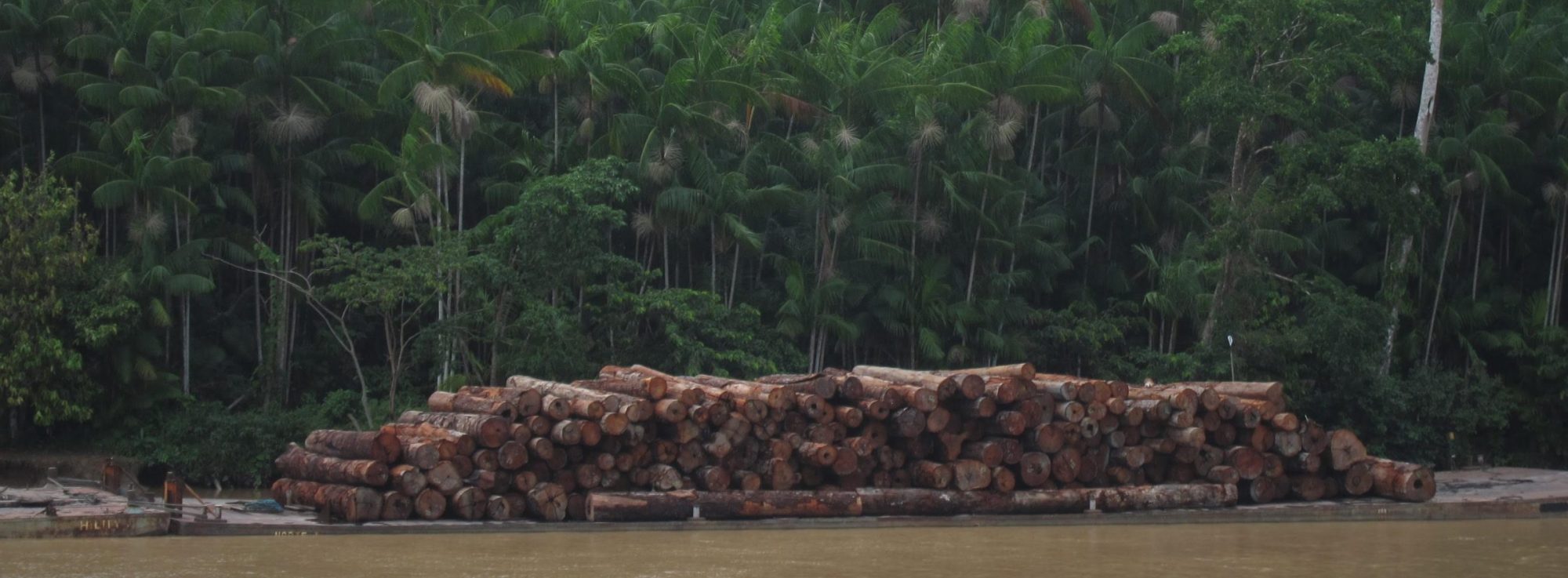Current projects:
01/09/2018 → 31/08/2023
Previous projects:
The Politics of Corporate Resource Exploitation: Social Movement Influence on Paper- and Metal Industry Investments in Brazil and India
01/09/2011 → 31/08/2014
This was an Academy of Finland Postdoctoral project (2011-2014) in Political Science, in which I worked as the principal investigator. The project analysed the influence of social movements on primary sector extractive investments. The theory how social movements influence the politics of corporate resource exploitation was developed and tested through a comparison of empirical evidence from 30 resource exploitation projects in the forest and metal industries of Brazil and India. The research identified generalizable and specific mechanisms and political games by which movements transform the local-global political dynamics in areas where increasing transnationalization of resource flows has taken place. Causal process analysis combined with various methods and Qualitative Comparative Analysis of 30 cases provided a strategy for working through empirical materials collected by field research. The project belongs to the fields of social scientific environmental research and Political Science/World Politics.
Human ecology, land conversion and the global resource economy
Kaartinen, T. & Kröger, M. (Academy of Finland Research Project)
01/09/2011 → 31/12/2015
The aim of this project was to provide a comparative view of how globalizing resource regimes transform local societies and their environmental relations. Its particular focus was on the hybrid forms of society and knowledge which arise from the attempts to include local societies in an imaginary global market-place by redefining social relations as contracts and environmental relations as rights. We asked what happens when people begin to use the language of contracts and rights in an effort to represent themselves in different political contexts, and what hybrid forms of society and knowledge arise when this language is combined with existing environmental relations and social forms. The project aimed to have direct implications for development policies devised to encourage popular participation, technology transfer, conflict prevention and structural change. The project continued until the end of 2015 and was led by Anthropologist Timo Kaartinen, University of Helsinki. I was studying particularly large-scale projects in the Brazilian Amazon within this project.
